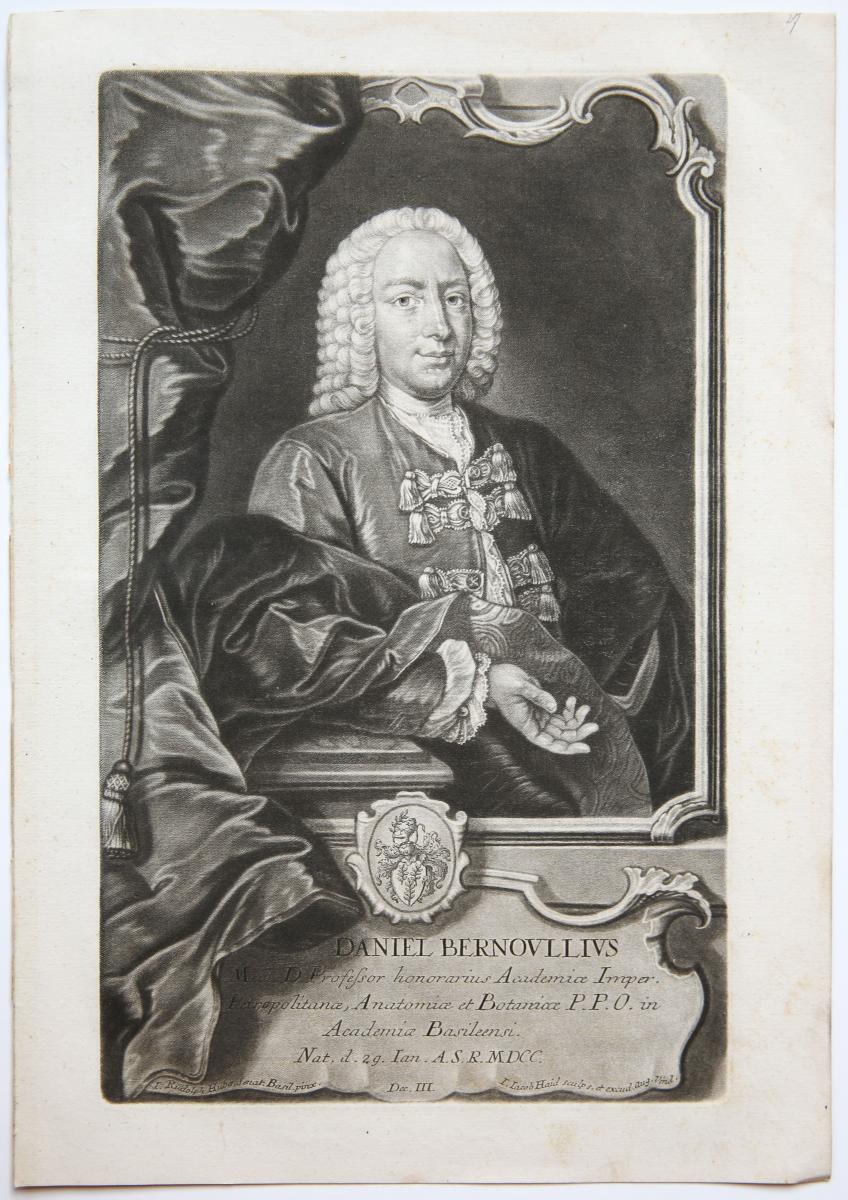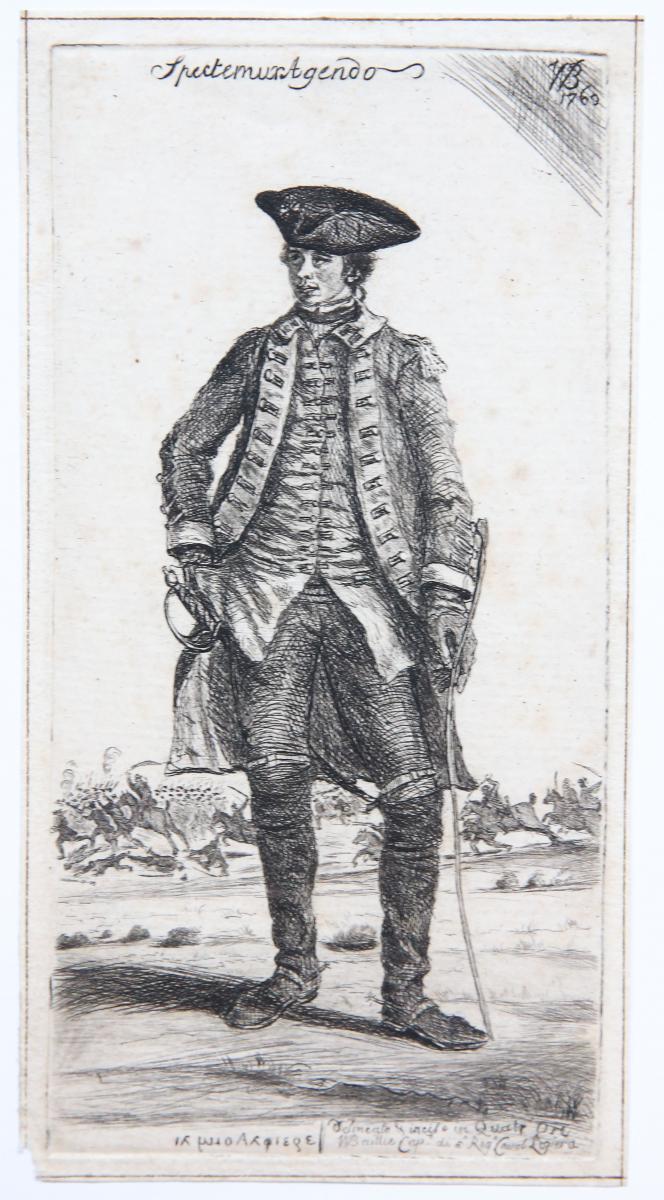Beschrijving
Beautiful half-length portrait of Carel Utenhove, humanist from Gent, later also burgomaster of the city. De Passe was his intimate friend since his stay in Cologne. ‘Matthias Quad has left an excellent account of Carel Utenhove, relating that he was a linguistic genius. […] Utenhove died in 1600 at the age of 64, and the city council allowed him to be borne to the Protestant cemetery outside the city walls followed by a solemn procession of nobles and scholars. Utenhove’ s verses are found on De Passe’ s prints from 1591 to 1600, so he was his first contributor. He usually signed with the Latinised form of his name, but sometimes with the Greek one, and occasionally supplied poems for allegories, such as the ‘Anthropomorphooseoos eikones’ or ‘The ages of man'(1599) […] In 1595, De Passe drew and engraved Utenhove’ s portrait in his honour (‘Honoris ipsius causa dipingebat…’). The likeness was later copied in a silver medallion by Simon de Passe, probably as a present for one of Utenhove’ s relatives. There are two Latin poems on the portrait. One is by the Neo-Latin poet Paul Melissus, the other an encomium by the well-known Heidelberg physician and scholar Johannes Posthius which echoes the figure of speech introduced by Dürer and widely applied in the sixteenth and seventeenth centuries, namely that a portrait may reproduce someone’s outer appearance but cannot record his spirit. A person’s spirit, which lives on his work, is regarded as the best part of a human being, not his physical appearance. Posthius’s verse expressed this idea as follows: ‘In this print one sees what was mortal: / The eloquent mouth and face of Utenhove. / The image of his spirit, expressed in his learned books, / Will survive all ages, immortal.’ […].In 1595, the year in which the portrait was engraved, Utenhove sent it to the Antwerp historian Emanuel van Meteren in London, who pasted both the print and the covering letter into his album amicorum.’ [Veldman, p. 58-60]


![Jan P. Sweelinck at the organ [Arti et Amicitiae].](https://www.goltzius.nl/wp-content/uploads/2018/01/63628_1.jpg)

